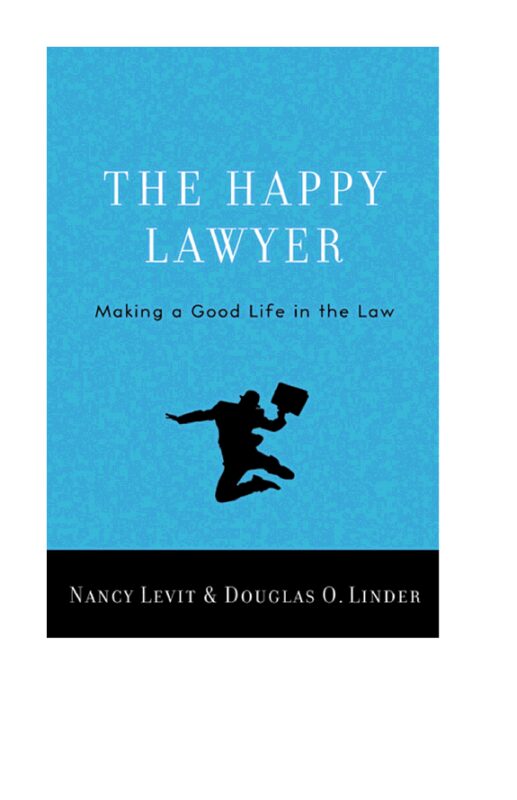Client Extortion: Unusual Facts, Strange Result
Michael Sean Quinn*
Suppose there are two lawyers, L-1 and L-2, and they are in the same law firm. B represents C in a criminal matter. It seems that C has been involved in a drive-by shooting at or near the house of Mrs. X, the wife. X wished to extract money from C, and B agreed to help him do it. The threat was that X would testify in the sentencing phase of the trial of X in the criminal matter pending against him but would not if paid a specified amount of money.
A claimed he knew nothing about this arrangement, but the prosecutors said they could prove that he overheard a conversation in which A did hear B talking to his client about all this.
If I have understood the facts in this case, more or less, and I’m not sure I do given some newspaper accounts, what happened was that B was trying to help his client avoid having to deal with the testimony of someone who might testify against him. To be sure, the non-client, extortionist was a business competitor of C, so his testimony may not have been all that convincing. What is puzzling to me about this case is that B was not trying to cheat his client C out of any money, from the look of things. He was trying to help C avoid danger. Hence, it looks like to me that B was not extorting money from C, though he was in some sense cooperating with an extortionist, albeit with the blessing of his client. Of course, I may have the facts all wrong. Then again, maybe I’ve got them right. When A and B came up to trial, a mistrial was declared became of some juror’s conduct.
When it came back to a new trial, the charges seem to have been somewhat different. Certainly the result was different. A pleaded guilty to misbehavior in the presence of the court on the basis that he failed to provide truthful testimony at a trial, while B pleaded guilty to conspiring against the interests of a client. Eventually A was fined $2500 and put on probation for 2 years. A was fined $2000 and put on electronic monitoring for 4 months and home confinement for three years. As extortion and/or perjury cases go, these are not exactly stiff sentences, although how they were differently determined is not obvious.
In any case, we do not know the whole story. It will be interesting to see what the reaction of the State Bar will be.
*Michael Sean Quinn
Quinn and Quinn
Quinn and Quinn
1300 West Lynn Suite 208
Austin, TX 78703
Office Phone: 512-296-2594
Cell:512-656-0503
Fax: 512-344-9466
Email: mquinn@msqlaw.com
Dashed off and so neither proofed nor proven.




Recent Comments